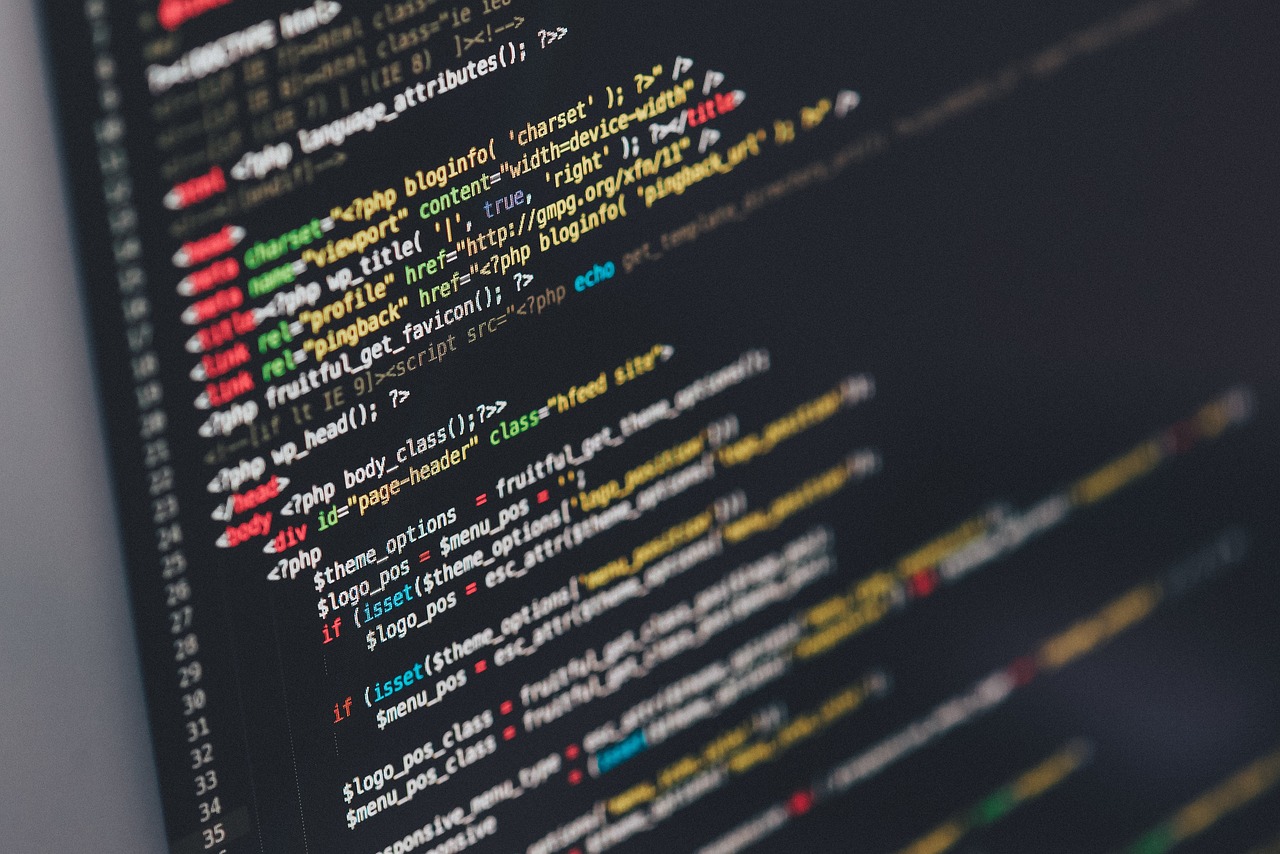Learn Programming Without Spending a Penny
Learn Programming Without Spending a Penny
Blog Article
Learning to code can be free. With the right mindset, time, and the right cost-free resources, you can learn how to code. Start simple, stay steady, and soon you'll be mastering coding languages and creating your own programs. Happy coding!
Learn Coding for Free
In today's technology-focused world, coding has evolved into an important ability for various sectors. Whether someone is aiming to improve your career, transition to a new career, or just want to cultivate a side project, coding is an rewarding step. However, one common misconception is that gaining coding skills involves expensive classes or degrees. The truth is, you can learn coding for free. Here’s a guide on how to begin.1. Select a Coding Language
Before diving in, it’s important to determine which coding language to focus on. Each language has its own uses, and picking the right one depends on your aspirations. These are popular selections:Python: Known for its simplicity and readability, Python is a great choice for beginners. It’s widely used in web development, data analysis, AI, and automation.
JavaScript: If you're focused on building web applications, JavaScript is a necessary language. It's implemented to make websites interactive and works alongside HTML and CSS.
HTML/CSS: These are not traditional programming languages, but if you’re planning to build websites, HTML and CSS are the foundation for structuring and styling web pages.
Java: A versatile language used for developing Android applications, backend systems, and large business applications.
C++/C#: These are more challenging languages, often utilized for game development and system software.
Start by picking a programming language, then delve into free resources focused on it.
2. Discover Free Coding Platforms
Due to the collaborative spirit of the coding community, you can find a wealth of free resources online to kick off learning. These are among the best platforms include:Codecademy: Provides interactive coding lessons in multiple languages like Python, JavaScript, and Ruby. The basic courses are free, allowing you to start coding straight away.
FreeCodeCamp: A all-in-one platform that offers courses in web development, data visualization, and more. You can even earn certificates and contribute real-world projects.
Coursera and edX: These platforms offer free learning to coding courses from universities like Stanford and MIT. You can sit through the courses without needing to buy certificates.
Khan Academy: Provides tutorials in computer science and programming with a focus on JavaScript and web development.
YouTube: Many coding experts provide free guides on YouTube. Channels like Traversy Media, The Net Ninja, and CS50 give hours of content covering different aspects.
3. Keep Practicing
Learning to code is like acquiring a second language—it demands practice. Theoretical knowledge is essential, but hands-on application is where you truly improve. Some platforms provide opportunities to practice coding online:HackerRank: A popular site that delivers coding challenges and competitions. It’s a great way to hone your logic.
LeetCode: Used by developers focusing on technical job interviews, LeetCode provides a wide range of coding problems in multiple languages.
Codewars: Provides coding challenges called "katas" to help you improve your skills.
4. Engage with Programming Communities
Coding can feel difficult at times, but you're not alone. Joining an online community of other beginners and developers can offer help, tips, and motivation. Websites like Reddit (r/learnprogramming) and Stack Overflow give you the chance to inquire and connect with other coders. GitHub, another important resource, lets you team up on coding projects, contribute to open-source software, and study other developers’ code.5. Start Building
As you gain confidence, begin creating your own projects. Whether it's a personal website, a simple app, or a small game, starting from zero will solidify your knowledge and demonstrate your skills. You can also display your projects as part of a project collection for potential employers. Your projects can also be used as a feature in a portfolio for prospective employers or companies. This will highlight your talents, but also prove your commitment to learning and growing as a coder.Final Thoughts
Acquiring programming skills doesn't require a financial investment. With the right free resources, anyone can learn coding from scratch. Start small, keep practicing regularly, and connect with the coding community. In time, you’ll create projects and expand your professional possibilities.Find out more on - For Loop Example in Python Report this page